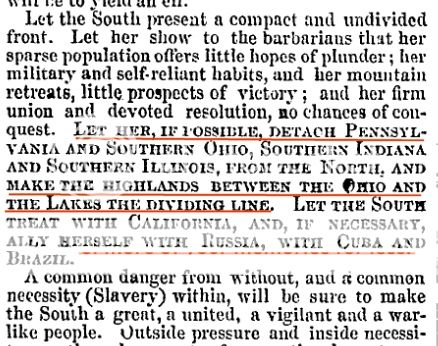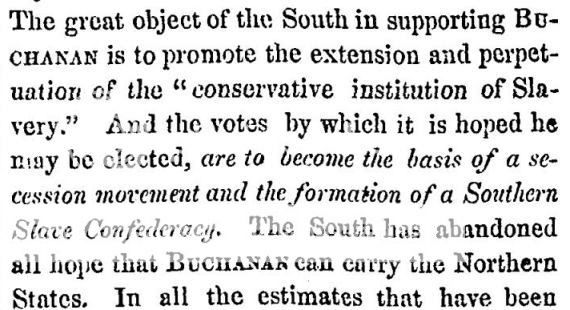- Aug 4, 2009
- 281,307
- 142,033
- 2,615
The first cotton harvester was patented in 1850..strippers and harvesters were used prior to then also.The industrial revolution was occuring and those automated looms needed an ever increasing supply of cotton. The only way to pick cotton was by hand. The traitorous south was making millions off the cotton trade.....should they share it with those actually doing the work?
We know the answer to that one
The cotton gin was invented in 1794.
By 1861 slavery was a fading, inefficient and destructive practice and everyone knew it at the time.
Read something besides wikipedia..you'll learn a lot more.
Cotton was picked by hand up till the 1930s
So are you claiming the Traitorous South would have had slaves up till the 1930s?
Isn't it strange that the souf' after they lost , put in Jim crow laws ? So much for their lies it wasn't about slavery and hatred of Blacks
Their worst fear was that blacks would think of themselves as their equal
Know your place boy






